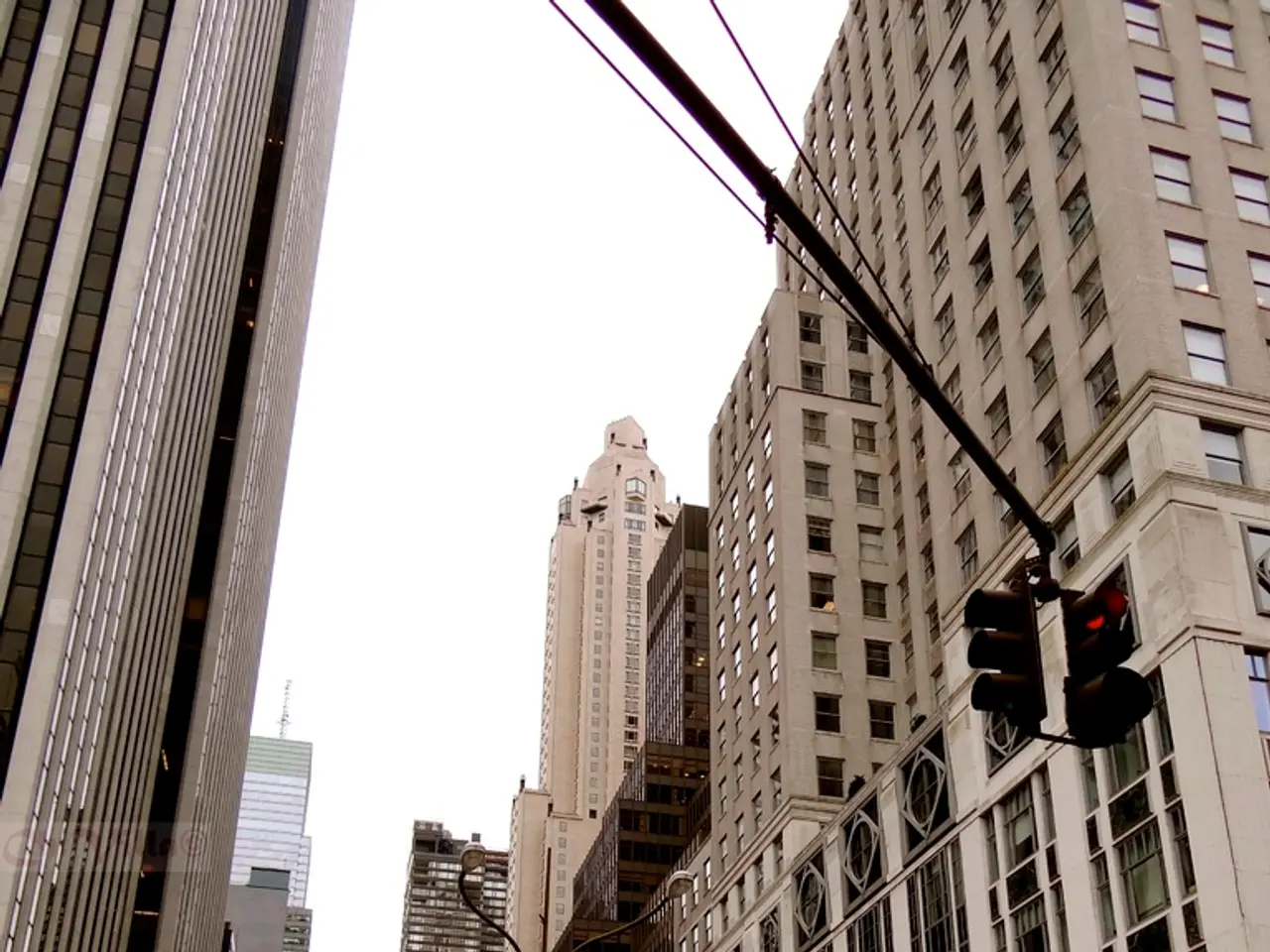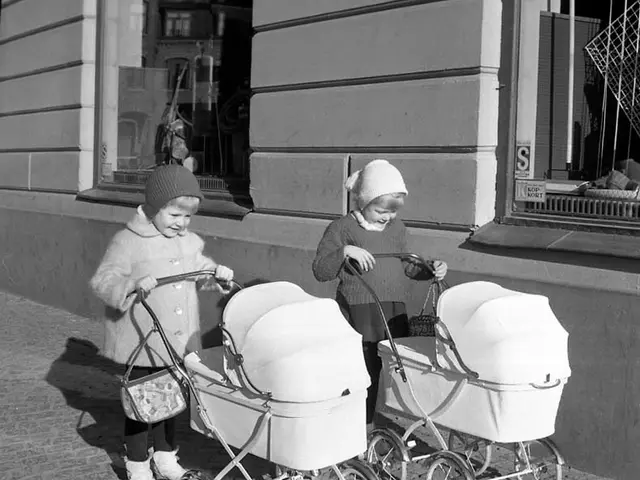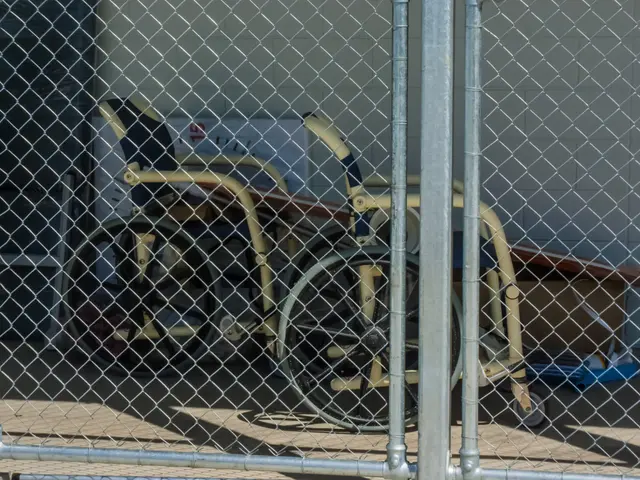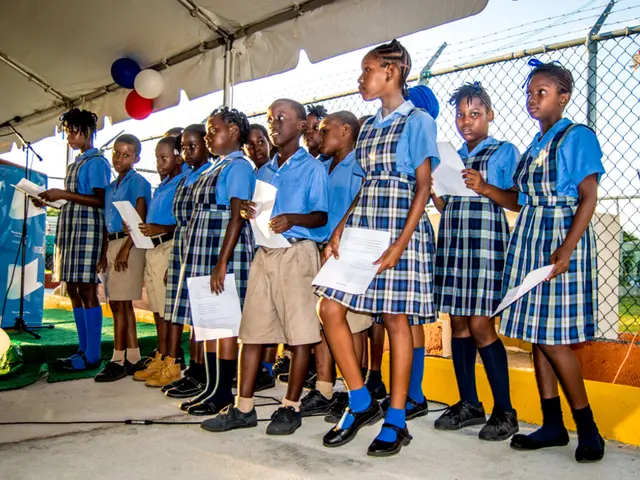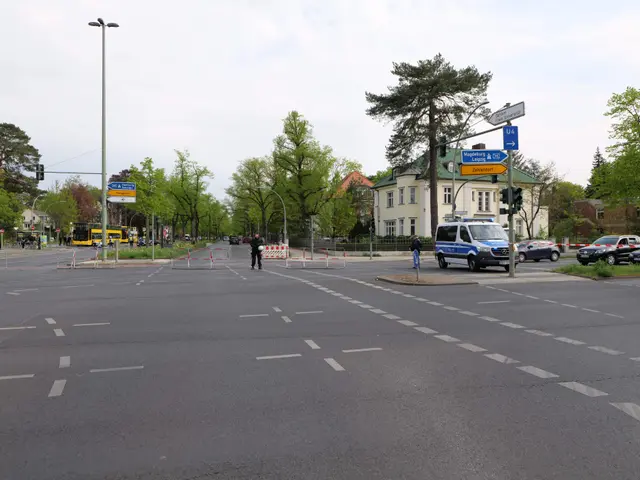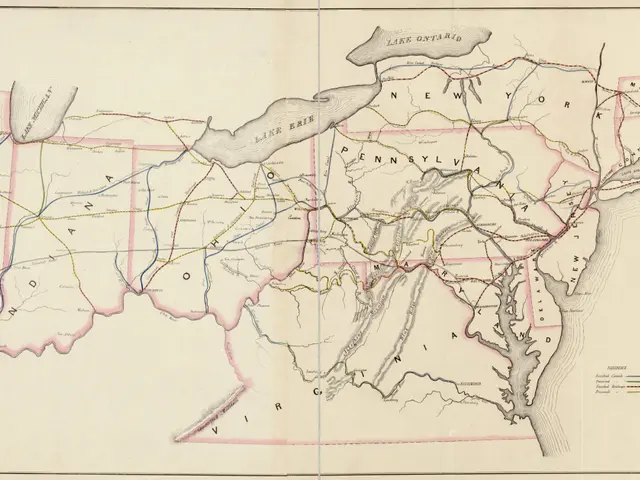Questions for Fabio Pammoli, Economics and Management Professor at the Polytechnic University of Milan, concerning Facebook's Data for Good Initiative
In a groundbreaking study, Professor Fabio Pammolli of the Polytechnic University of Milan has delved into the socio-economic impact of the COVID-19 pandemic on specific territories in Italy, using data from Facebook's Data for Good program.
The study, published in October, has shed light on the varying economic consequences of the lockdown, with poorer regions being more exposed to its effects and more efficient municipalities being more severely hit by restrictions in mobility.
Pammolli's research focuses on territories such as Lombardy and Veneto, tracking mobility and social interactions to better understand the economic impact and recovery patterns during the pandemic.
The study emphasizes that policymakers should focus on the two primary sources of economic losses: the number of infected people and the restrictions in mobility that prevent individuals from working. It suggests that its findings can contribute to inform data-driven policy design.
The pandemic has caused all areas to experience a sharp reduction in the fiscal revenues their tax bases can generate. To mitigate this, the study advocates for policymakers to adopt policy actions tailored to the socio-economic contours of their territories when dealing with COVID-19.
Wealthy municipalities need to be able to sustain poor individuals, but if inequality within a wealthy municipality is high, there are more poor people to sustain, creating an additional strain on territories.
The study shows that the total reduction of disposable income can vary from 10% in the best case to 40% in the worst case. These variations are due to non-linear interactions between mobility policies and infection transmission rates.
Pammolli's study also found that Facebook mobility data is useful for creating simulations within population models that are better tailored to address the role of mobility in the contagion.
Poorer people tend to live and work in regions that have industries that are less economically productive and are strongly dependent on mobility flows and direct contact with customers. As a result, they are more susceptible to the economic consequences of lockdowns.
Industries like tourism, retail, and services experienced a sudden contraction of more than 90 percent during the lockdown in Italy. The study measured inequality as the ratio between mean and median income and focused on using mobility flows that proxy economic activities, primarily focusing on the mobility of the active fraction of the population.
The study explores the relationship between mobility and economic variables in different municipalities, providing valuable insights for policymakers as they navigate the ongoing pandemic. By understanding these relationships, policymakers can make more informed decisions about mobility restrictions and economic recovery strategies.
